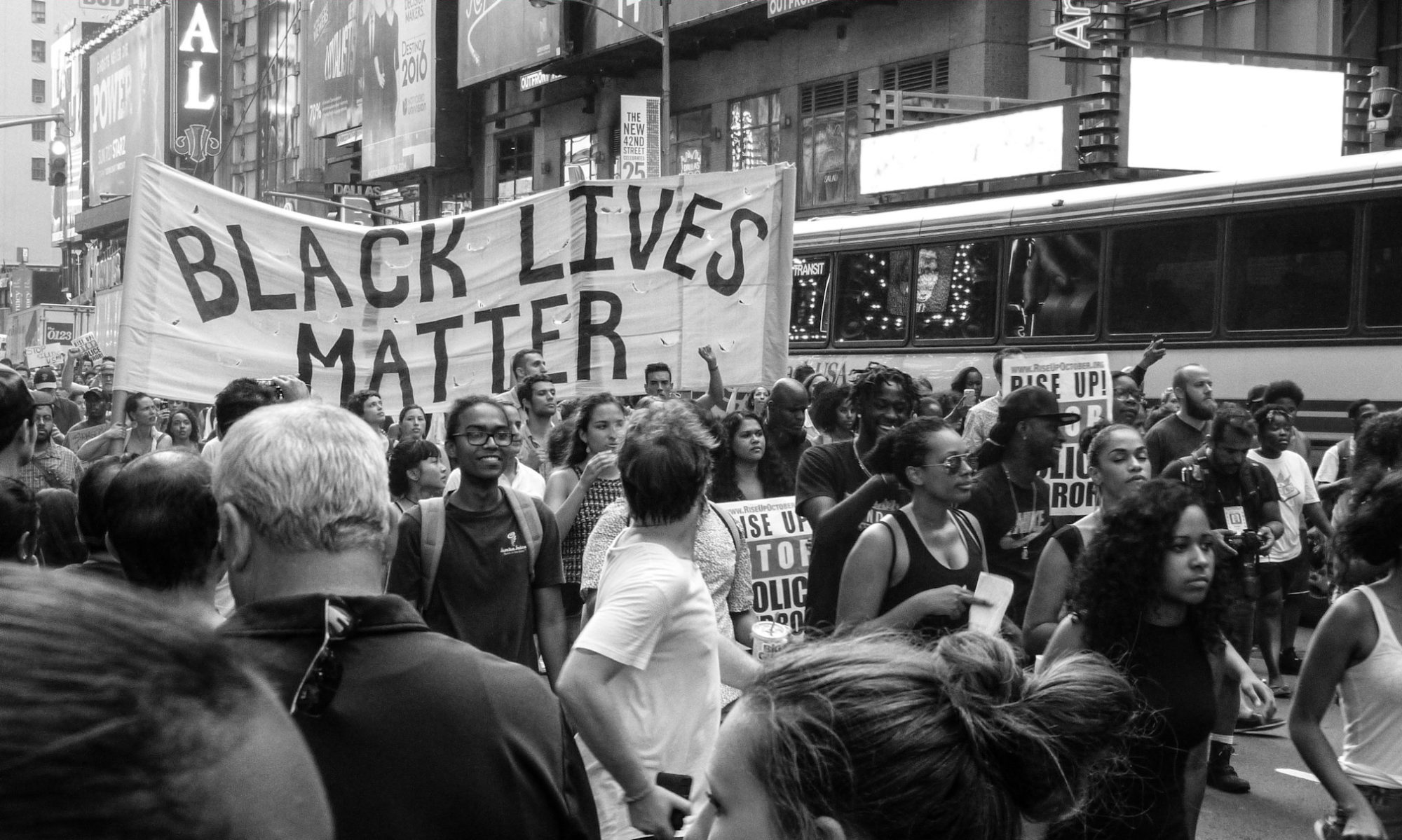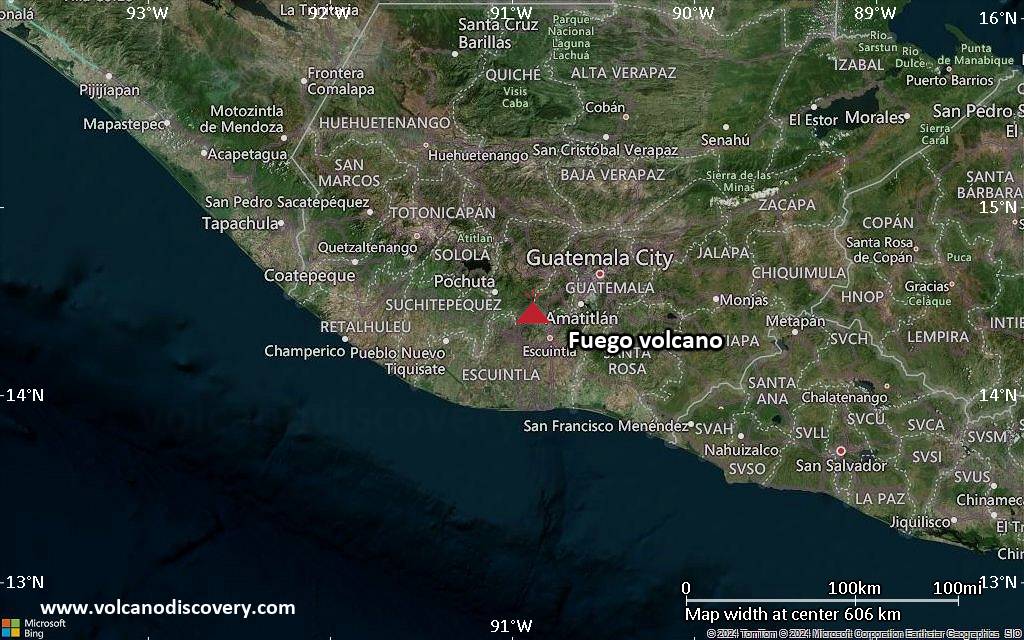In light of the prolonged arbitrary detention of Luis Pacheco and Héctor Chaclán, Indigenous representatives of the 48 cantons of Totonicapán, who will today have been deprived of their liberty for six months, Ana Piquer, Americas Director at Amnesty International, said:
“Today marks six months since Luis Pacheco and Héctor Chaclán were unjustly deprived of their liberty. For six months, the justice system has repeatedly violated their rights. Their detention is arbitrary, and they must therefore be released immediately. We will insist as many times as is necessary: organizing a peaceful protest is a right, not a crime. The misuse of terrorism charges to silence dissenting voices does, however, violate human rights and puts the entire Guatemalan society at risk.”
Today marks six months since Luis Pacheco and Héctor Chaclán were unjustly deprived of their liberty. For six months, the justice system has repeatedly violated their rights.
Ana Piquer, Americas Director at Amnesty International
Both men were detained on 23 April 2025 and subsequently charged with crimes of terrorism and obstruction of justice, with a judge ordering their pre-trial detention. Amnesty International believes that these criminal proceedings are unfounded and that they are part of a pattern of politically motivated persecution previously reported by the organization, the UN and the Inter-American Commission on Human Rights.
Information compiled by Amnesty International shows that the authorities are seeking to punish Luis Pacheco and Hector Chaclán for participating in the peaceful protests of October 2023 in defence of the rule of law. At the time, they were president and treasurer, respectively, of the Maya K’iche Council of Community Mayors of the 48 cantons of Totonicapán.
The proceedings have been marked by irregularities and delays on the part of the authorities, which have directly impacted the defendants’ right to a fair trial. Legal proceedings have been stalled since 25 June due to the absence of a judge to preside over them. The judiciary still needs to appoint a judge to conduct an intermediate hearing. Furthermore, the Public Prosecutor’s Office has kept the proceedings under reserve for several months, hindering their right to a defence and to be tried without unreasonable delay.
“These delays unjustifiably prolong the arbitrary detention of Luis Pacheco and Héctor Chaclán and add to the long list of human rights violations committed against them. We demand an immediate end to the criminalization of human rights defenders by the Public Prosecutor’s Office and the judiciary,” added Ana Piquer.
These delays unjustifiably prolong the arbitrary detention of Luis Pacheco and Héctor Chaclán and add to the long list of human rights violations committed against them. We demand an immediate end to the criminalization of human rights defenders by the Public Prosecutor’s Office and the judiciary.
Ana Piquer, Americas Director at Amnesty International
Amnesty International reiterates that using antiterrorism laws to punish peaceful assembly is contrary to international human rights law, and once again calls on the Guatemalan authorities to guarantee the right to peaceful protest and to put an end to the criminal prosecution of human rights defenders.
For further information or to arrange an interview, please contact press@amnesty.org
The post Guatemala: Six months of injustice and criminalization against Indigenous representatives from Totonicapán appeared first on Amnesty International.


